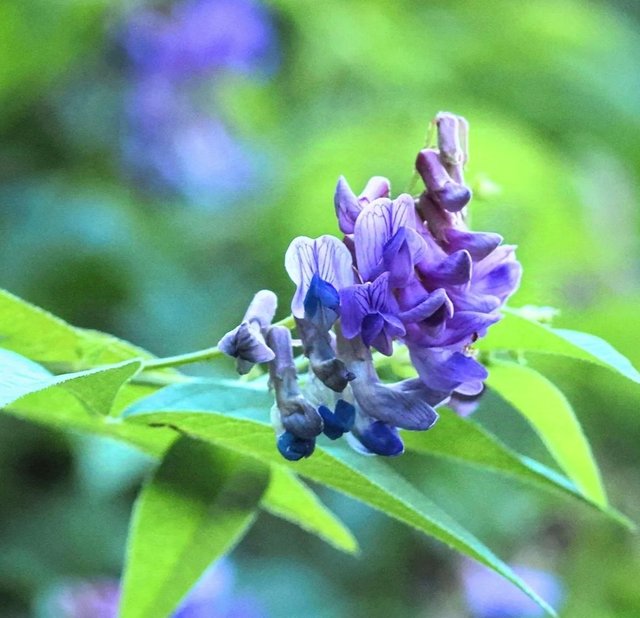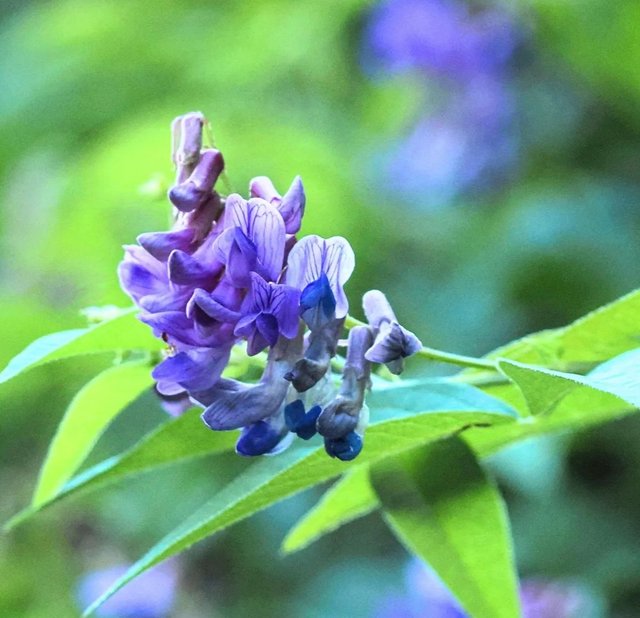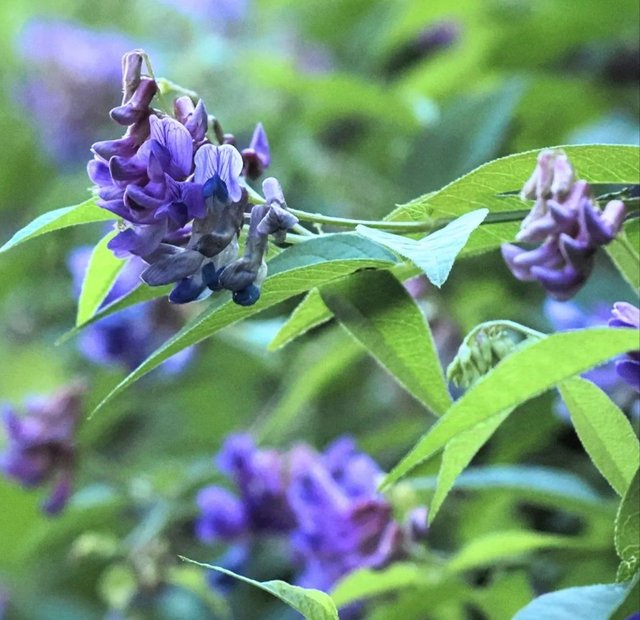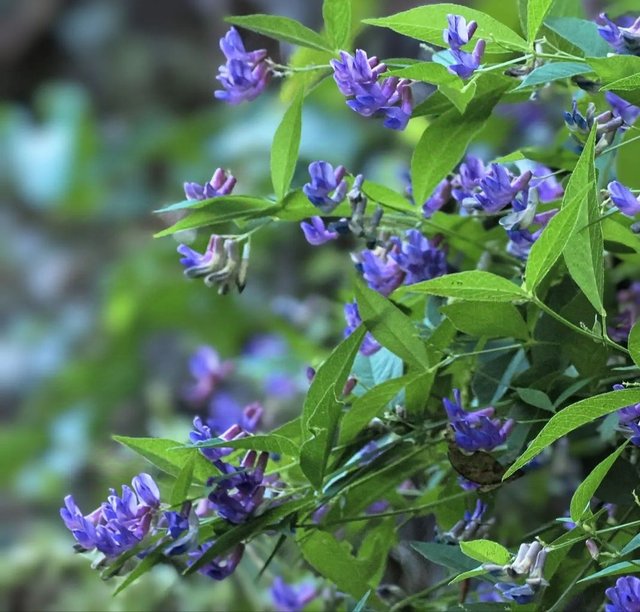Bird Vetch So Beautiful
Bird Vetch: A Comprehensive Overview
Bird vetch, also known as tufted vetch, is a perennial climbing plant native to Europe and Asia, but it has spread across much of North America. As part of the legume family, bird vetch is related to peas, clover, and beans. While it can be attractive with its violet-blue, pea-like flowers, bird vetch is often considered an invasive species in many regions due to its aggressive growth habit.
Identification
Leaves and Stems: Bird vetch has compound leaves with 6-12 pairs of leaflets, which are slender and elongated, ending in tendrils. These tendrils allow the plant to climb and attach to nearby structures, such as fences, trees, or other plants. Its stems are long, thin, and somewhat angular, making the plant look vine-like. The plant can grow up to 6 feet or more in height as it sprawls or climbs.
Flowers: The flowers of bird vetch are its most striking feature. The purple or bluish flowers, arranged in dense clusters or racemes, are similar in shape to pea flowers, with a hood-like upper petal and a lower keel petal that encloses the reproductive organs. Blooming occurs in late spring to early summer, typically from May to August, depending on the region.
Seeds and Fruit: After flowering, bird vetch produces small pods that contain seeds. The pods are similar in appearance to pea pods, though much smaller. Each pod contains multiple seeds that can persist in the soil for several years, allowing the plant to regenerate from seed.
Growth Habits and Ecology
Bird vetch thrives in a wide range of habitats, including grasslands, forest edges, roadsides, and disturbed areas. It grows particularly well in moist, well-drained soils but can tolerate poor soil conditions. Like other members of the legume family, bird vetch is capable of nitrogen fixation, meaning it can convert atmospheric nitrogen into a form usable by plants. This trait gives it an advantage over other plants, allowing it to flourish in nutrient-poor soils where other species might struggle.




Thanks For Reading
Device Information
| Device | Redmi Note 10 Pro |
|---|---|
| Lens | 64 mp |
| Location | Bangladesh |
